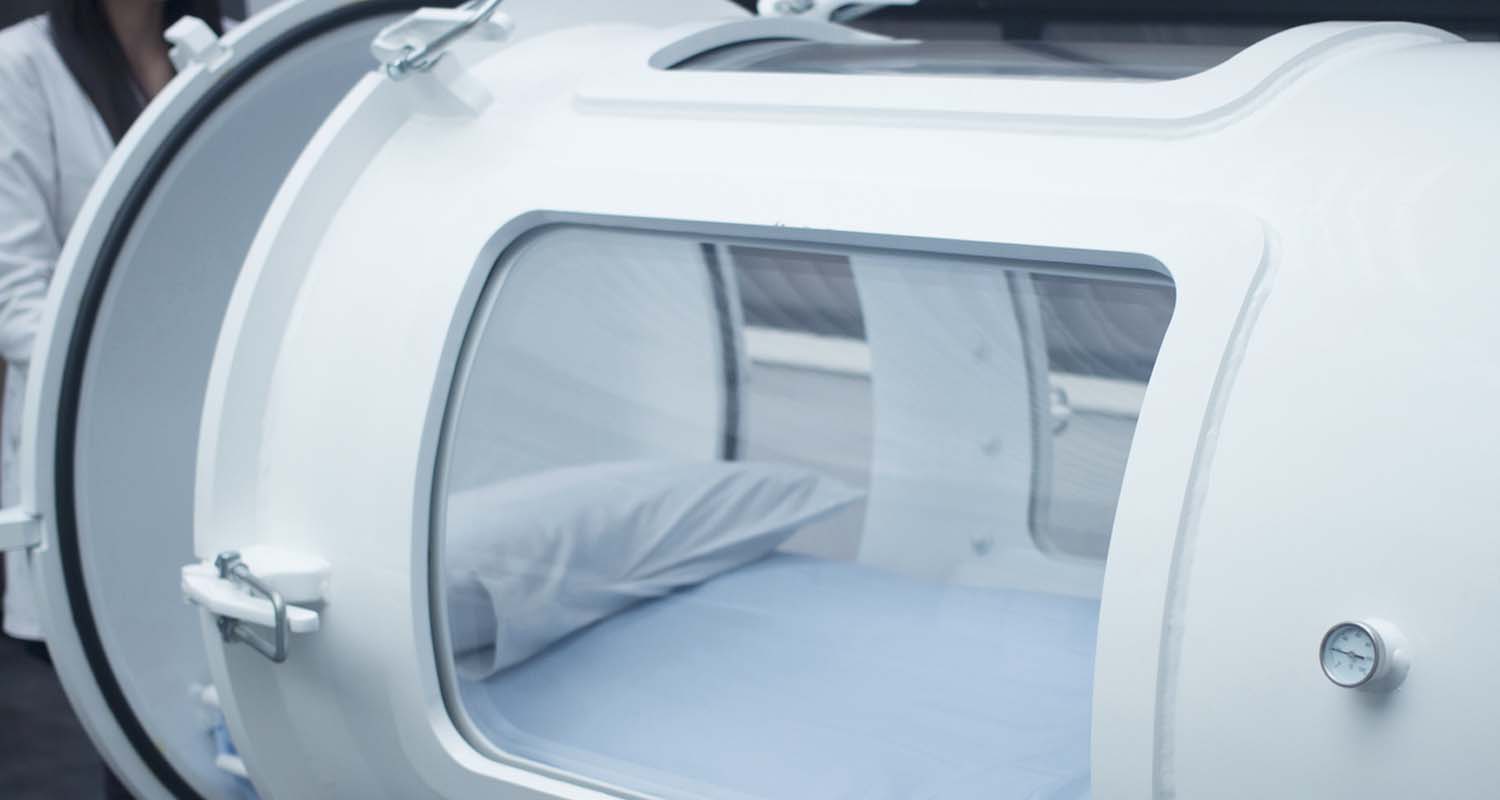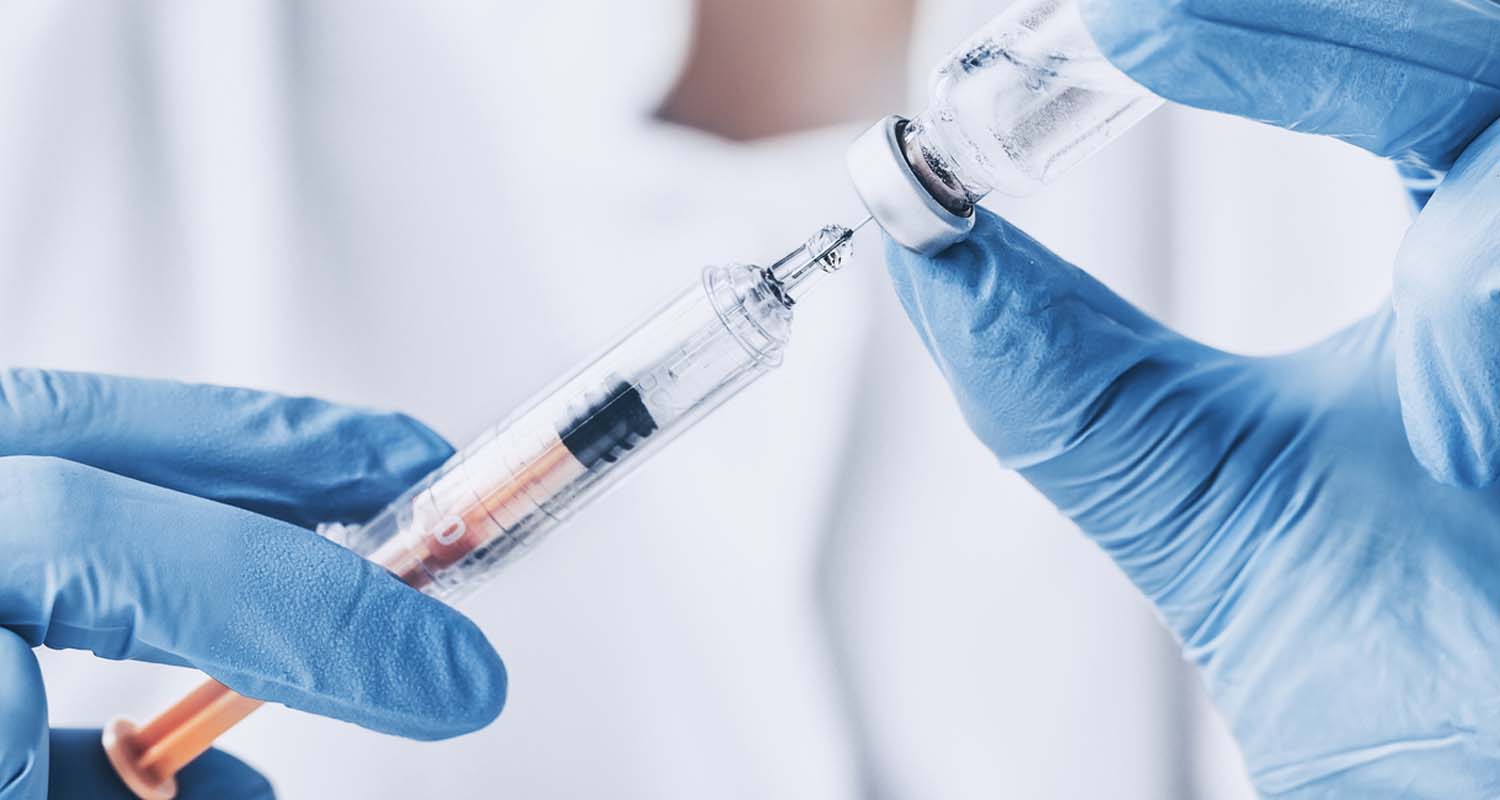
The American Cancer Society projects that there will be 1,735,350 new cancer cases and 609,640 cancer deaths in the United States this year.[ref url=”https://onlinelibrary.wiley.com/doi/abs/10.3322/caac.21442″] While cancer cases have increased, cancer death rates in the U.S. have been on the decline since the early 1990s — meaning, treatments are getting more effective every day.[ref url=”https://www.cancer.gov/about-cancer/understanding/statistics”] New areas of cancer research around novel therapies like the ketogenic diet, oxygen therapy (HBOT), and insulin potentiation therapy (IPT) offer promising ways to tackle cancer alongside traditional cancer treatments.
According to recent Bulletproof Radio (iTunes) podcast guest Kris Smith, MD, a top neurosurgeon who specializes in brain tumors at the Barrow Neurological Institute in Phoenix, the downside of some aggressive cancer treatments is that they can cause lifelong side effects in survivors. The challenge is to find effective treatments that aren’t as damaging to the patient. “We’re really trying to learn through molecular profiling analysis and a lot of epigenetic changes how to beat cancer, but not beat the patient’s brain in the process,” he says. “I really think the ketogenic diet is going to be…part of that magic bullet, the holy grail of treating people with this disease.”
Ahead, what the science says about these new, less traditional forms of cancer treatment.
Cancer cells thrive on glucose
First, in order to understand how these treatments work, here’s a review of how cancer develops in the first place. While there are several different forms of cancer, they are all characterized by uncontrolled cell growth that typically forms a lump or tumor. In the 1920s, German scientist Otto Warburg observed that cancer cells grow at a rapid rate specifically due to glycolysis, the breakdown of glucose or sugar (carbs) into energy. Warburg’s hypothesis that cancer cells need a high-carb diet to thrive is called Warburg Effect.[ref url=”https://www.ncbi.nlm.nih.gov/pmc/articles/PMC4783224/”] Meanwhile, other research reveals cancer cells’ high glucose consumption is a hallmark of the disease.[ref url=”https://www.researchgate.net/publication/11585066_Fasting_Insulin_and_Outcome_in_Early-Stage_Breast_Cancer_Results_of_a_Prospective_Cohort_Study”]
The keto diet starves cancer cells
Because cancer cell metabolism relies upon glucose, minimizing a tumor’s access to sugar as a means to manage or even limit cancerous cell growth has been the subject of several recent cancer therapy studies.[ref url=”http://cancerres.aacrjournals.org/content/66/18/8927.short”] Many of these studies focus upon a high-fat, low-carb ketogenic diet, which eliminates glucose and forces the body to burn fat as fuel instead. Since cells can’t use fat directly, the liver converts dietary fats into ketones, which become the body’s fuel source.
Related: Keto Diet for Beginners – Your Complete Guide
Research shows that patients who follow a ketogenic diet during their traditional chemotherapy treatment starve their cancer cells because they lack glucose to feed upon.[ref url=”https://www.ncbi.nlm.nih.gov/pmc/articles/PMC4215472/”] While not all cancers respond equally to a keto diet — because they don’t all use glucose in the same way — evidence supports effective results from a keto diet with brain, colon, gastric, and prostate cancers.[ref url=”https://www.ncbi.nlm.nih.gov/pmc/articles/PMC4215472/#bib31″]
What researchers haven’t quite figured out is whether a keto diet prevents cancer in the first place. However, a recent report revealed that, for decades, the sugar industry covered up a study linking table sugar consumption to cancer.
How many carbs to consume on a keto diet with cancer?
When you’re following a keto diet, it takes some guesswork to determine how many grams of carbs you can eat while remaining in ketosis. Some aim for fewer than 50 grams a day, while others restrict theirs to less than 35. For cancer patients looking to supplement their traditional care with a ketogenic diet, there may be a sweet spot, says Smith though further study is needed. “The idea of being in nutritional ketosis for health and athletic performance is probably a different ballgame than using it as a ketogenic metabolic therapeutic treatment of cancer. I don’t know that for sure, but my intuition is it’s better [with cancer] to be a little more strict and keep the carbs down to probably under 20 grams [per day], and not bounce in and out [of ketosis].”
Oxygen therapy enables your body to heal itself
Smith also recommends oxygen therapy as a promising treatment option in tandem with a keto diet. With hyperbaric oxygen therapy (HBOT), you inhale 100 percent oxygen in a total-body chamber while atmospheric pressure is increased in a controlled manner for approximately 2-3 hours. This allows the oxygen to reach damaged tissues and cells to support the body’s innate healing process.[ref url=”https://www.ncbi.nlm.nih.gov/pmc/articles/PMC4499900/ “]
What to expect with oxygen therapy
Oxygen therapy is typically performed as an outpatient procedure, though hospitals do employ the therapy if you are hospitalized. The therapy takes hours and the side effects are minimal, though you might experience fullness in your ears like you would in an airplane or at high elevation. If you are interested in using oxygen therapy, talk with your doctor to find the best location for your needs.
Why a keto diet combined with oxygen therapy combats cancer
One byproduct of a keto diet is an abnormal blood supply (ketones instead of glucose) to tumors. Since ketones starve all cells (both healthy and cancerous) of oxygen, hypoxic pockets can form. These oxygenless pockets spur cancer growth because cancer cells are entirely anaerobic — they require an oxygenless state to survive.[ref url=”https://www.ncbi.nlm.nih.gov/pubmed/17656037″] However, Smith suggests that if you combine a keto diet with oxygen therapy, you flood the tumor pockets with oxygen and stunt cancer growth.
A recent study on mice with cancer looked into the combined effects of oxygen therapy and ketosis on cancer progression. The researchers put mice into one of three groups: group one consumed a keto diet; group two received oxygen therapy; group three received a keto diet as well as three 90-minute sessions of oxygen therapy.
The keto diet alone significantly decreased blood glucose, slowed tumor growth, and increased the rodents’ lifespan by 56.7 percent. While oxygen therapy alone did not influence cancer growth, the researchers found that combining keto and oxygen therapies together led to a significant decrease in blood glucose and tumor growth rate, as well as a 77.9 percent increased lifespan for the mice.[ref url=”http://journals.plos.org/plosone/article?id=10.1371/journal.pone.0065522″]
Insulin potentiated therapy (IPT) combines insulin and chemo to fight cancer
A third alternative treatment also targets cancer’s use of glucose in the body. Insulin potentiation therapy (IPT) makes use of orthodox drugs — insulin and chemotherapy – in an innovative fashion. IPT uses off-label insulin much like a diabetic uses it — help deliver glucose from the bloodstream to cells.
Because cancer requires glucose for energy production, cancer cells possess an overexpression, or abundance, of insulin receptors. These extra insulin receptors on cancer cells outcompete normal cells for glucose.
IPT takes advantage of cancer’s need for glucose. First, the insulin treatment helps increase the cells’ membrane permeability. This makes it easier for your body to receive the maximum benefits of the chemotherapy.[ref url=”http://cancerres.aacrjournals.org/content/65/22/10545.short”] Research shows that taking exogenous insulin along with chemo improves the effects of the chemotherapy to fight cancer.[ref url=”https://www.sciencedirect.com/science/article/pii/S0306987700910636″]
Next steps if you want to try these alternative cancer treatments
If you are interested in any of these metabolic cancer therapies, consult with your cancer treatment team to learn if the specific treatment suits your cancer type.












